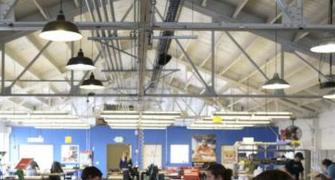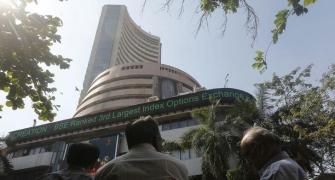The great news is that the products part of the Indian software industry has achieved critical mass, says Subir Roy. 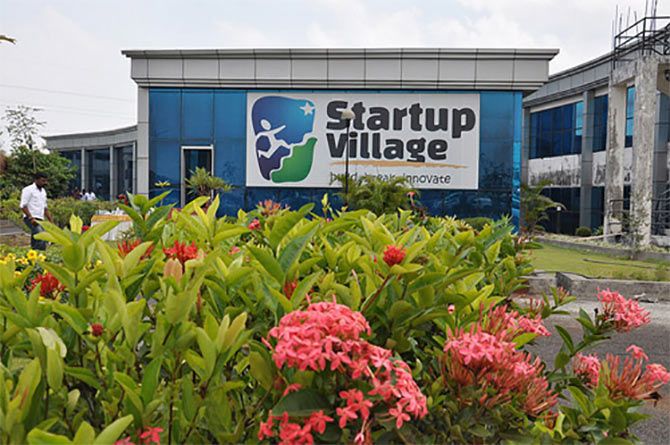
Ever since India became a force to reckon with in software services, doing for clients what they want done, the big void that has been constantly talked about is its absence from the space of software products - those over which you own intellectual property rights.
Delivering a service involves satisfactory execution of a mandate and is a low-risk business, whereas developing and marketing a product involves high risk.
The product may fail in the marketplace. But should it succeed, it will create a revenue stream for which development costs will have been sunk and you will only need to keep investing in upgrades.
The great news is that the products part of the Indian software industry has achieved critical mass. This is the beginning of the end of shedding Indian software's negative epithet of "intellectual coolies".
The body that speaks for these young companies (compared to them the software leaders are like old big elephants), the Indian Software Products Industry Round Table (iSpirt), has just started an index to chart their progress.
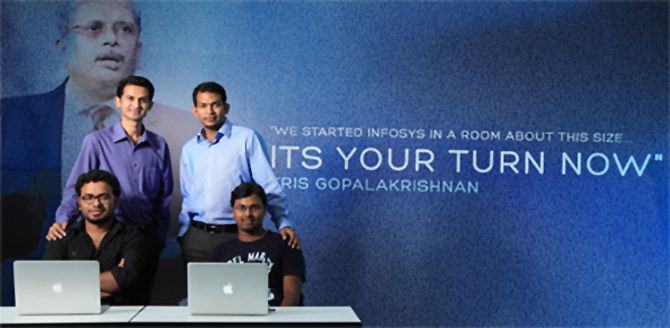
The index tracks the 30 most valuable business-to-business software product companies headquartered in India or elsewhere with co-founders in India, and will be published every six months.
The really big finding of this index is that the 30 companies in it are currently valued at $6.2 billion (Rs 37,500 crore) and have over 18,000 employees. (An earlier report of iSpirt pegged the entire software product segment's current turnover at $2 billion, or about Rs 12,000 crore.)
The report that goes with the index says that companies in this space are transforming from people-driven to technology-driven entities and as a result valuation per employee is rising, from the more prevalent current level of $100,000 (Rs 60 lakh) per employee to $1 million (Rs 6 crore), which is in line with what prevails in the Silicon Valley.
The older companies (pre-2006) have been bootstrapped (self-funded) to scale and are often in specific verticals like banking, financial services and retail.
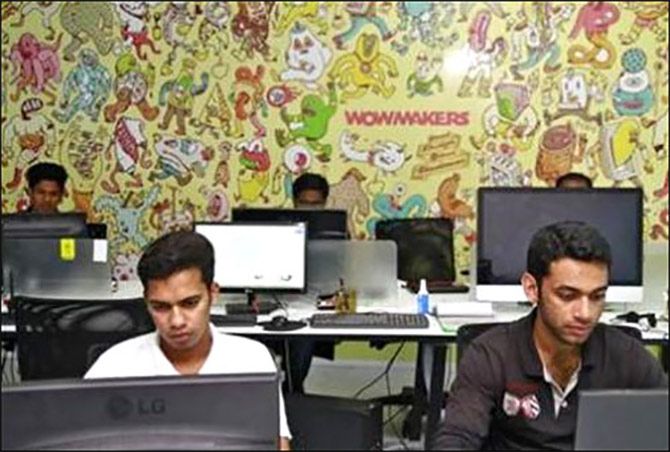
The younger post-2006 ones have received early-stage funding (venture capital wallets have discovered them) and are more likely to be in horizontal areas like customer relationship management, collaboration and ad-tech.
What is fascinating is that the elephants have also started dancing. Vishal Sikka, the new Infosys chief executive, who was earlier the head of products and innovation at the German behemoth SAP (which is global number one in enterprise software), has outlined a fascinating vision. He wants Infosys to leave behind "services of yesterday".
The services practice has to be transformed by bringing in tools like automation, artificial intelligence and natural language processing "to amplify the role of the people in the services world". These are not "job killers", as is sometimes feared, but technological innovations that grow the human potential further by focusing on things that machines cannot do.
New kinds of services can be created by using "design thinking" (design-specific cognitive activity that designers engage in). He called for a culture of innovation so that even mundane tasks like writing software codes become interesting and appealing.
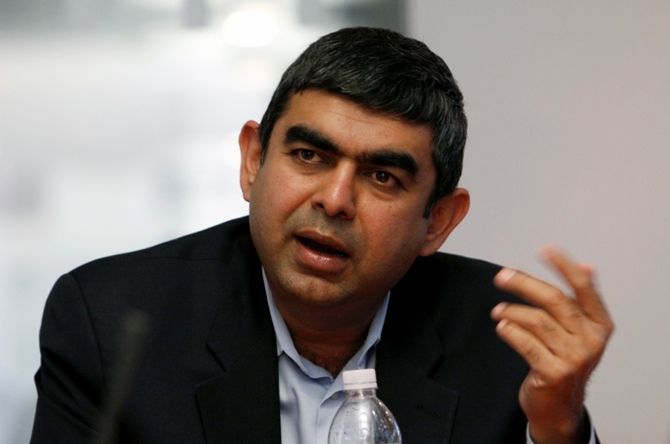
For example, Infosys is helping Clique Intelligence, a spin-off from DreamWorks Animation, to commercialise their collaboration tool that is unique because of the nature of the animation industry.
Mr Sikka has bluntly stated that the services industry must change course, give up the "depressing focus" on cost arbitrage and cost saving.
He painted a graphic picture of the industry in a downward spiral - hiring people faster and faster, from more and more mediocre institutions, training them less and less, and putting them into jobs faster and faster. Instead of doing things cheaper, the aim should be to do new things.
The focus should be to raise revenue per employee, instead of revenue per se. This will be achieved by going in for greater automation by using tools like predictive maintenance and getting into areas like big data (analysing the mountains of data that digitally enabled firms today generate to seek business insights). All companies have a dual agenda - to renew and build anew - and a services company like Infosys will partner their clients in this.
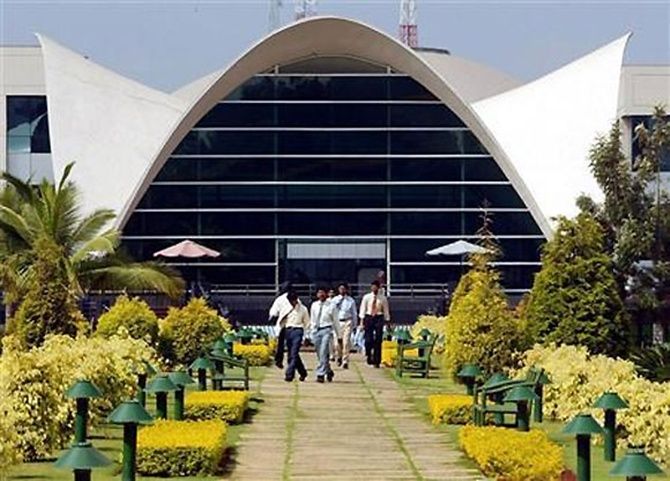
To enable this, Infosys is working more and more with start-ups so as to invest in their engineering and accelerating their road maps. It is engaging in crowdsourcing of ideas among its employees, for which a forum called "Murmuration" has been devised to improve its own processes, delivery and skills.
Earlier this year it spun off its products, platforms and solutions business into a separate subsidiary, EdgeVerve, that has its own internal structure and building (rainbow colour-coded!) set apart from the main campus in Bengaluru.
The idea is to create an atmosphere for innovation and is a free acknowledgement that a services and a product companies are two different kinds of animals.


